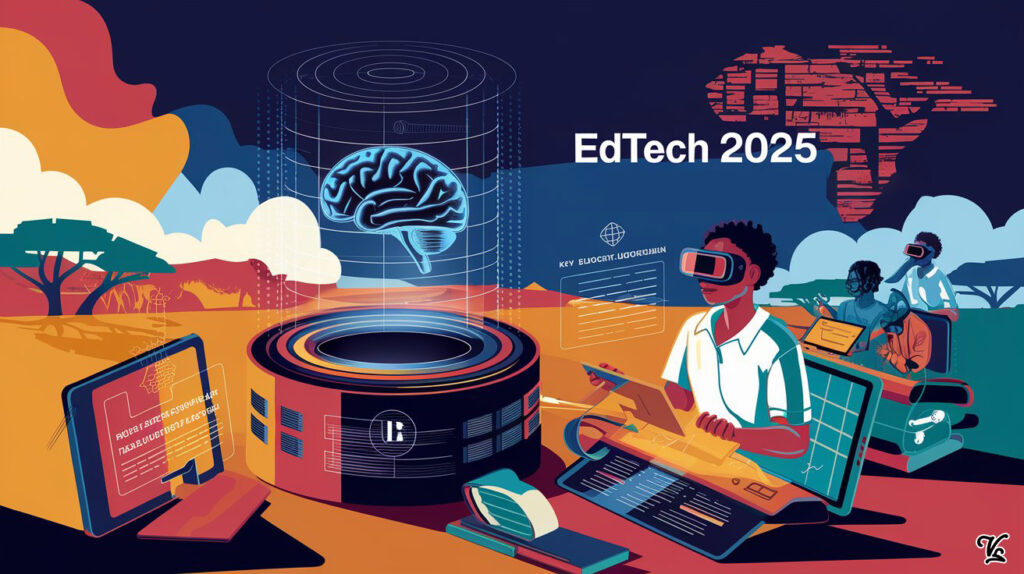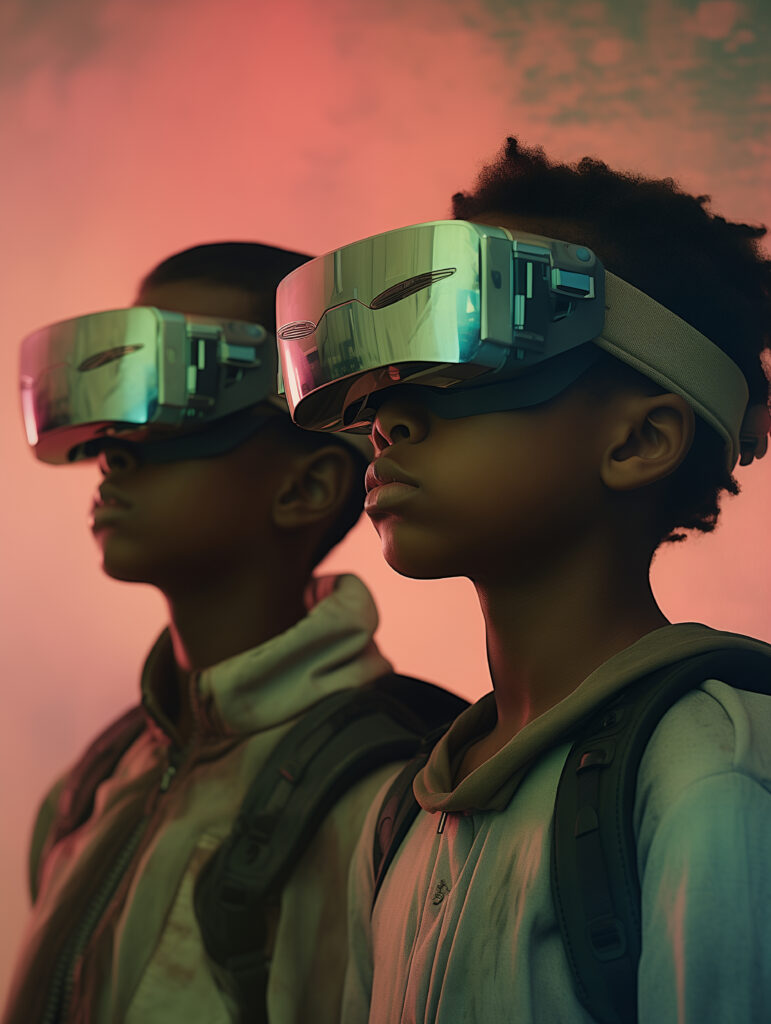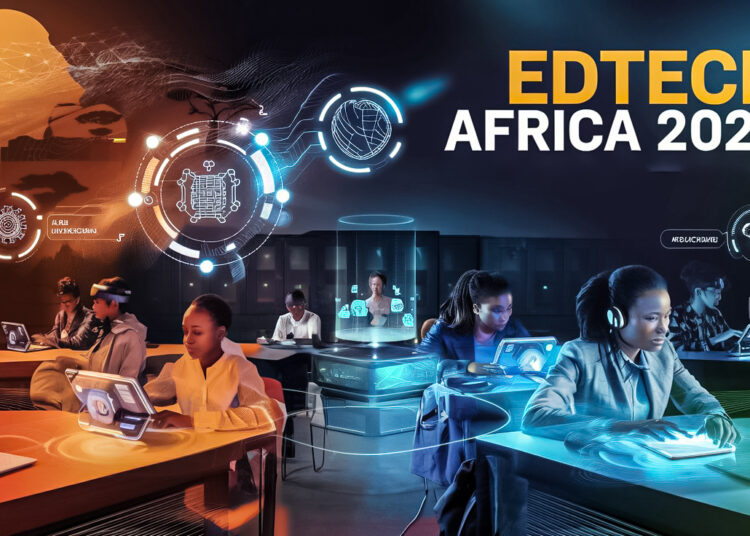As Africa continues its journey toward becoming a global leader in educational technology, 2025 promises transformative innovations in higher education (EdTech). By integrating emerging technologies with Africa’s unique educational landscape, the region is poised for remarkable strides in accessibility, quality, and relevance. Below, we explore the key trends and predictions shaping African EdTech in 2025.
1. AI and Machine Learning Revolutionizing Learning Experiences

Artificial Intelligence (AI) is set to redefine higher education by offering personalized learning paths, automating administrative tasks, and enabling real-time assessments. In Africa, where class sizes are often large and resources limited, AI-powered tools such as chatbots, adaptive learning platforms, and virtual tutors can enhance student engagement and address individual learning needs.
Platforms like Ubongo are already utilizing AI for personalized educational content. By 2025, we may see widespread adoption of similar tools, ensuring inclusive access for students across diverse socioeconomic backgrounds.
2. Expansion of Mobile-First Learning Solutions
Mobile phones have become the gateway to education for millions in Africa. With smartphone penetration projected to exceed 600 million users by 2025, mobile-first EdTech platforms will continue to dominate. From micro-learning apps to SMS-based courses, these solutions provide flexible and affordable learning opportunities.
Apps like M-Shule offer SMS-based learning for students without internet access. This model is likely to evolve, incorporating features like offline AI-driven analytics to enhance learning outcomes.
3. Growth of Virtual and Augmented Reality in Skill Development

Virtual Reality (VR) and Augmented Reality (AR) are gaining traction globally for their ability to create immersive learning experiences. In Africa, these technologies can bridge gaps in practical training, especially in fields like medicine, engineering, and vocational studies.
Organizations like EON Reality are working with African universities to deploy AR/VR tools for simulated laboratory and workshop experiences, democratizing access to high-quality practical education.
4. Blockchain for Academic Records and Credentialing

Blockchain technology is revolutionizing the way educational credentials are stored and verified. In Africa, where document fraud and inefficiencies in certification remain challenges, blockchain offers a secure and transparent solution.
The African Blockchain Education Initiative is piloting projects to issue tamper-proof digital diplomas, simplifying cross-border credential verification and boosting employability.
5. Emphasis on Digital Literacy and Lifelong Learning
As industries across Africa embrace digital transformation, higher education must adapt to prepare students for future work environments. Digital literacy programs, coding bootcamps, and lifelong learning platforms will gain prominence.
Initiatives like Andela and Google’s Digital Skills for Africa are already equipping young Africans with in-demand tech skills. By 2025, partnerships with universities are expected to mainstream such programs into curricula.
Global Perspectives
Despite these advances, challenges such as internet connectivity, funding gaps, and teacher training persist. UNESCO reports that only 17% of sub-Saharan Africa has broadband internet access, limiting the reach of digital learning. Global partnerships and government investments will be critical to overcoming these hurdles.
The global EdTech market, valued at $334.29 billion in 2023, is projected to grow significantly, with Africa poised to capture a substantial share. Increased collaboration with international organizations will help address systemic barriers while ensuring societal relevance in solutions.








